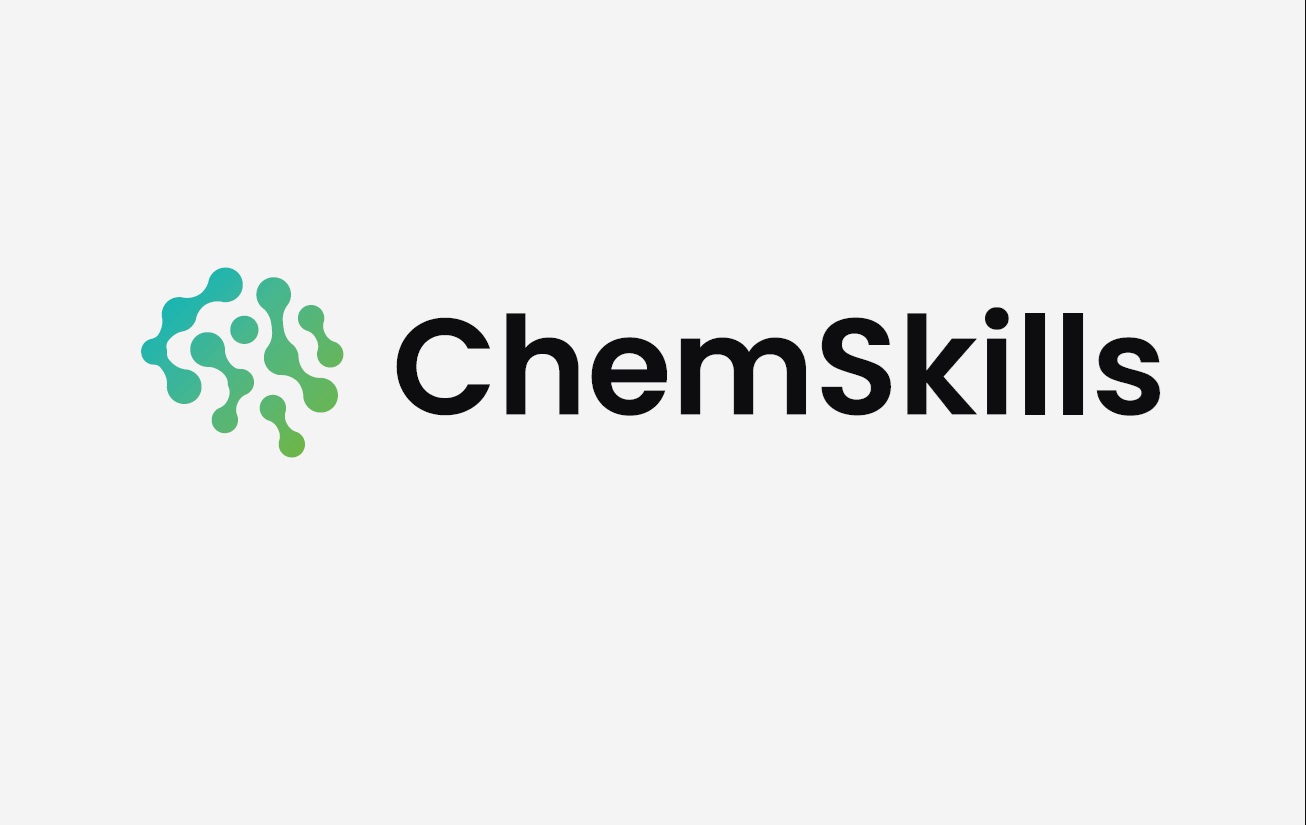The Education Sector and Companies Collaborate to Address the Talent Shortage in the Chemical Industry

The Chemical Industry Federation of Finland plays a key role in the ChemSkills project.
Where can skilled labor be found for the chemical industry, and how can we ensure that education in the field meets the future needs and challenges of companies? This dilemma is felt across Finland and throughout Europe.
The talent shortage and the decline in skill levels have been widely recognized issues for quite some time. The shortage of workers is both quantitative and qualitative, and this lack of talent has become one of the biggest barriers to growth for companies. Additionally, the demand for skilled employees isn’t diminishing. More competent employees are needed to keep Europe competitive internationally and to help companies achieve ambitious carbon neutrality goals. The issue has also gained political attention, with talent availability appearing increasingly often in politicians’ discussions.
There is a strong will to make changes, but achieving concrete goals requires a comprehensive understanding of the scope of the talent shortage and the actions needed to resolve it. No single organization can tackle this issue alone. Therefore, last year, the ChemSkills project, which spans nearly all of Europe, was launched.
This four-year project involves 13 countries, including a diverse range of associations, educational institutions, and companies. The Chemical Industry Federation of Finland plays a key role as both a project leader and a content provider for several work packages, which focus on assessing specific subfields within the chemical industry and developing solutions. Finland’s Rubber Industry Association is also participating.
The ambitious goal is to bring industry and educational institutions together to address the chemical industry’s talent shortage. The project aims to provide a comprehensive overview of the skills needed in the field of chemistry and then to develop concrete measures to enhance education and skill development to better meet the needs of companies. A direct link to the industry ensures that graduates find jobs aligned with their education and that relevant expertise is available to the industry.
ChemSkills began in 2023, and initial results and areas for improvement are now emerging. Early in the project, it was recognized that alongside STEM skills, digital competencies and knowledge related to the green transition are also vital. Different sectors, such as the fertilizer and rubber industries, have used various methods to analyze and identify the developmental needs of skills within the chemical fields.
The chemical industry directly employs 1.2 million people across Europe, with significant indirect impacts on employment. Additionally, from an economic perspective, the chemical industry is one of Europe’s most important industrial sectors.
ChemSkills is not aiming for quick wins. Instead, the goal is to anticipate essential future skills for the industry and to build solutions that genuinely address the challenges of the future. Only in this way can we remain competitive on the international stage.
